Build composting toilets in Ilha Vitória (Ilha Bela, Brazil) without water supply and sanitation based on the local capacity and engagement.
Long Description
Access to water plays a central role in making communities resilient to climate change. In face of prolonged droughts or collapse of supply systems, water should be prioratized for cooking and hygiene. The use of water to transport feces and urine can be eliminated through the design and implementation of composting toilets.
The proposal is to build composting toilets in regions without water supply and basic sanitation. Based on the AU Methodology of Community Engagement and using local techniques, the idea is to build a pilot bathroom in a school, to achieve greater direct and educational impact.
The project is done with an user-centered design, taking into account available resources, local building techniques, and architectural and permaculture knowledge of the team. Since the composting toilet needs specific care, we propose a series of workshops to bring awareness to the users (mainly young and children) of the necessary steps to ensure a smooth operation of the system.
The execution is done with the training of local actors, with the objective of disseminating sustainable techniques, ensuring the good use of the bathroom and its replicability.
The second pilot implementation is planned to happen in Ilha Vitória, a community of Ilha Bela (Brazil), in partnership with the Instituto Ilha Bela Sustentável, an organization that already acts locally with social and environmental issues. Taking into account that XX families reside in this place, the main idea is that through training, the residents will have the autonomy and knowledge to achieve a sanitation rate of 100%.
The team is composed of three partner organizations: Urban Acupuncture (proponent), utilizing its mobilization and engagement for the transformation of communities methodology;
Caracol Project with the expertise of sustainable building and permaculture; Roda Green Engineering, specialized in sanitation and the Instituto Ilha Bela Sustentável, local partner and articulator.

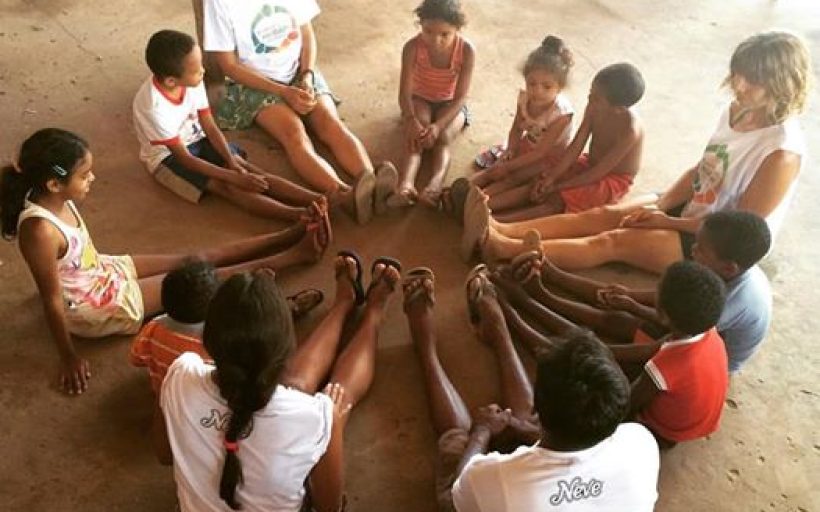
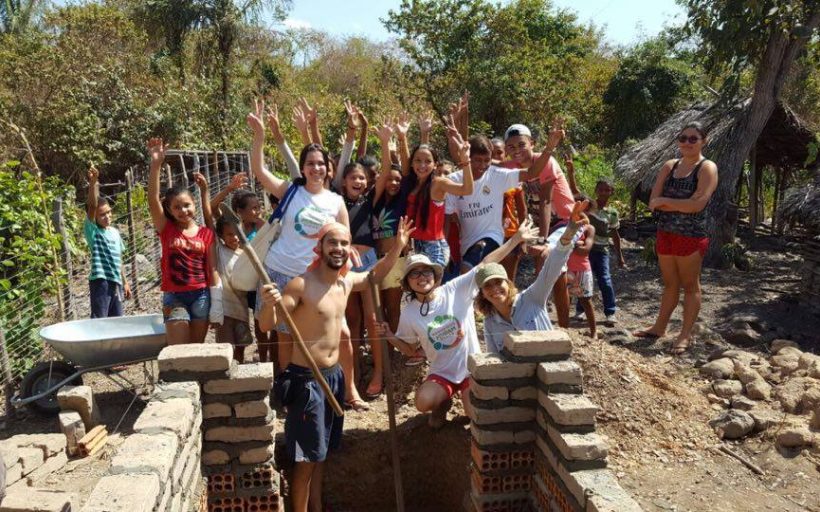
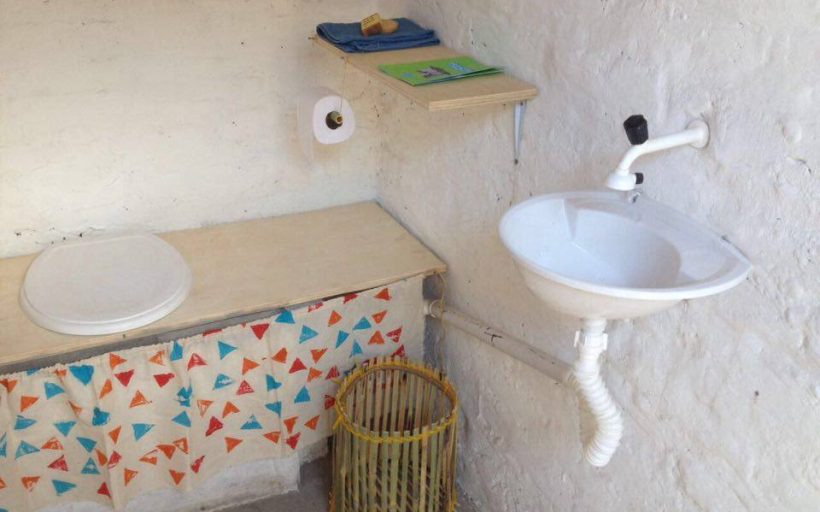
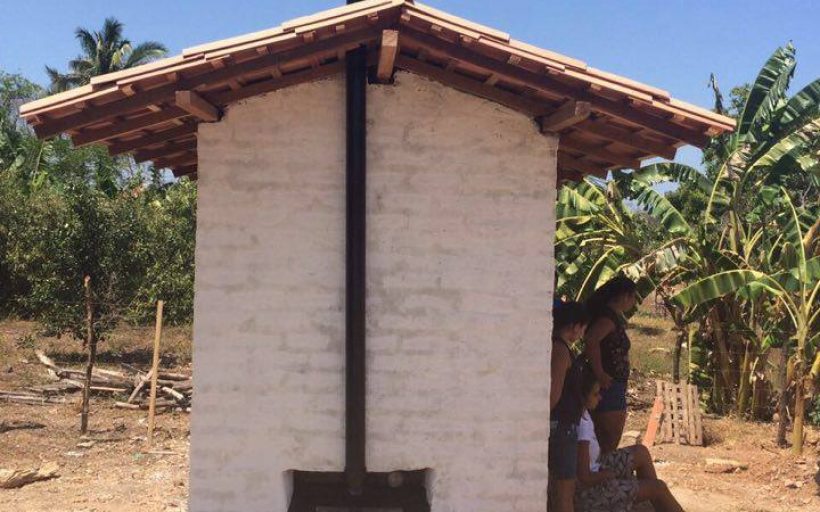
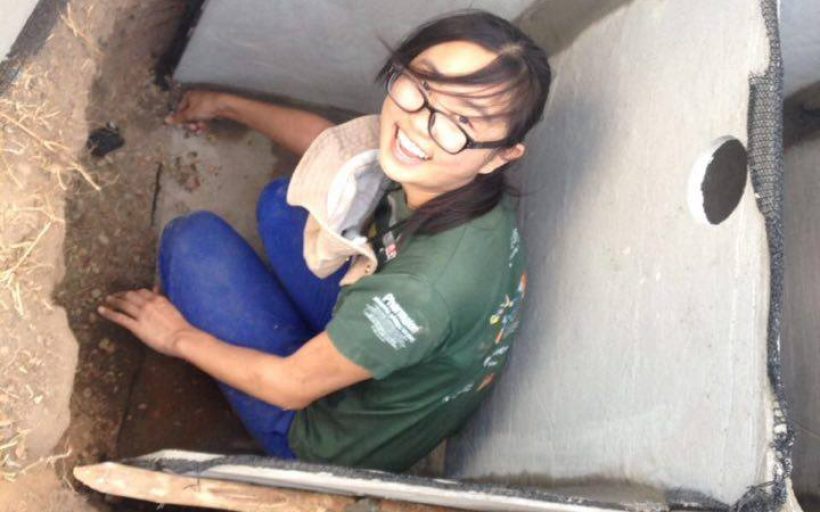
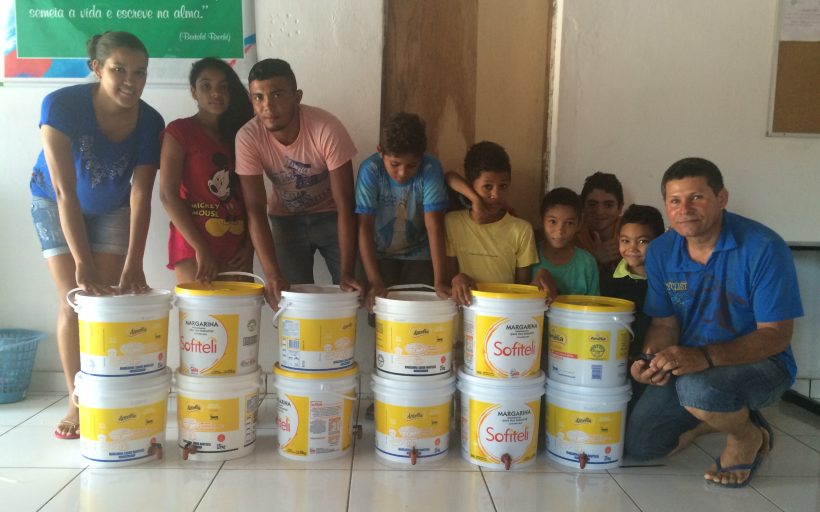

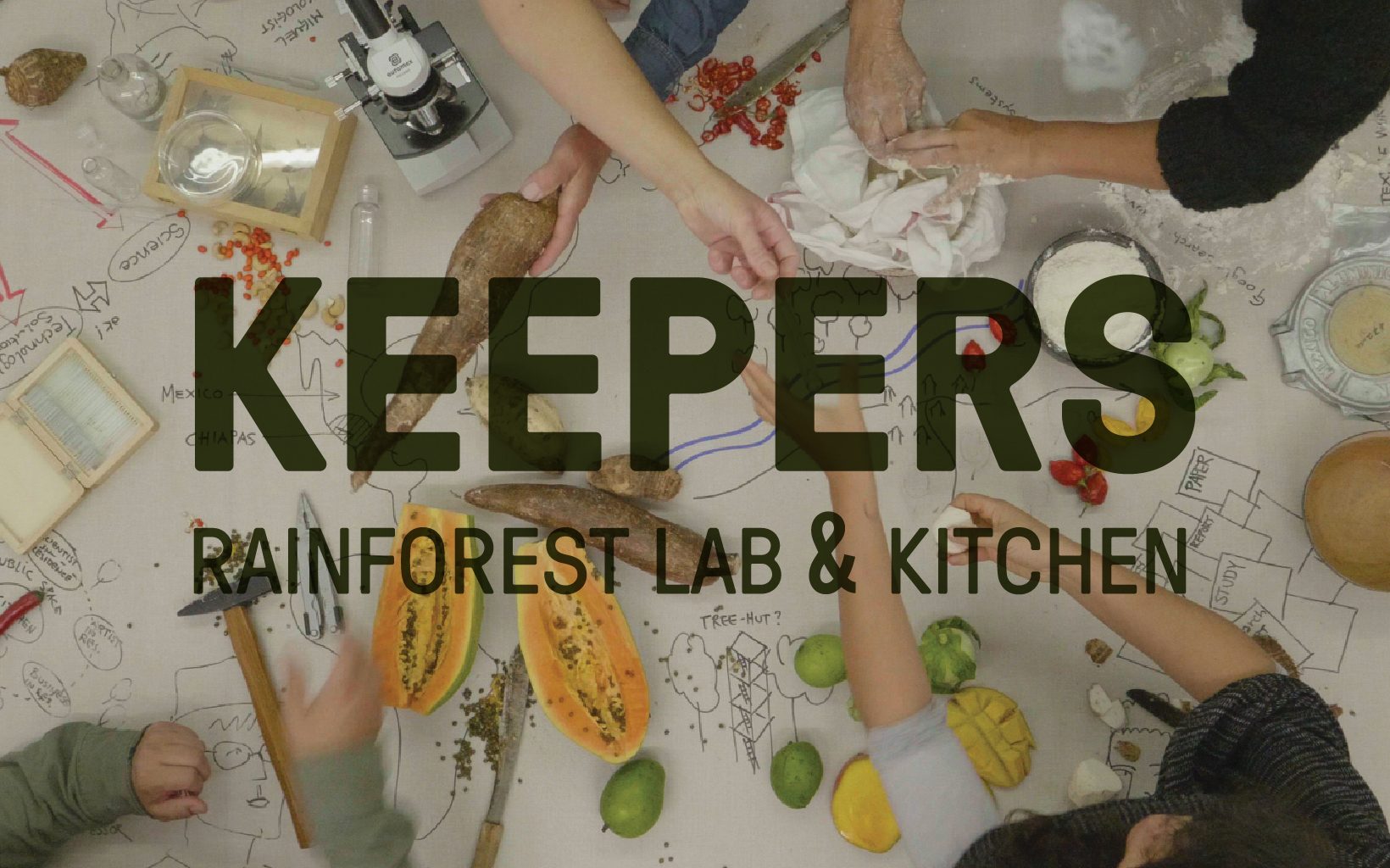
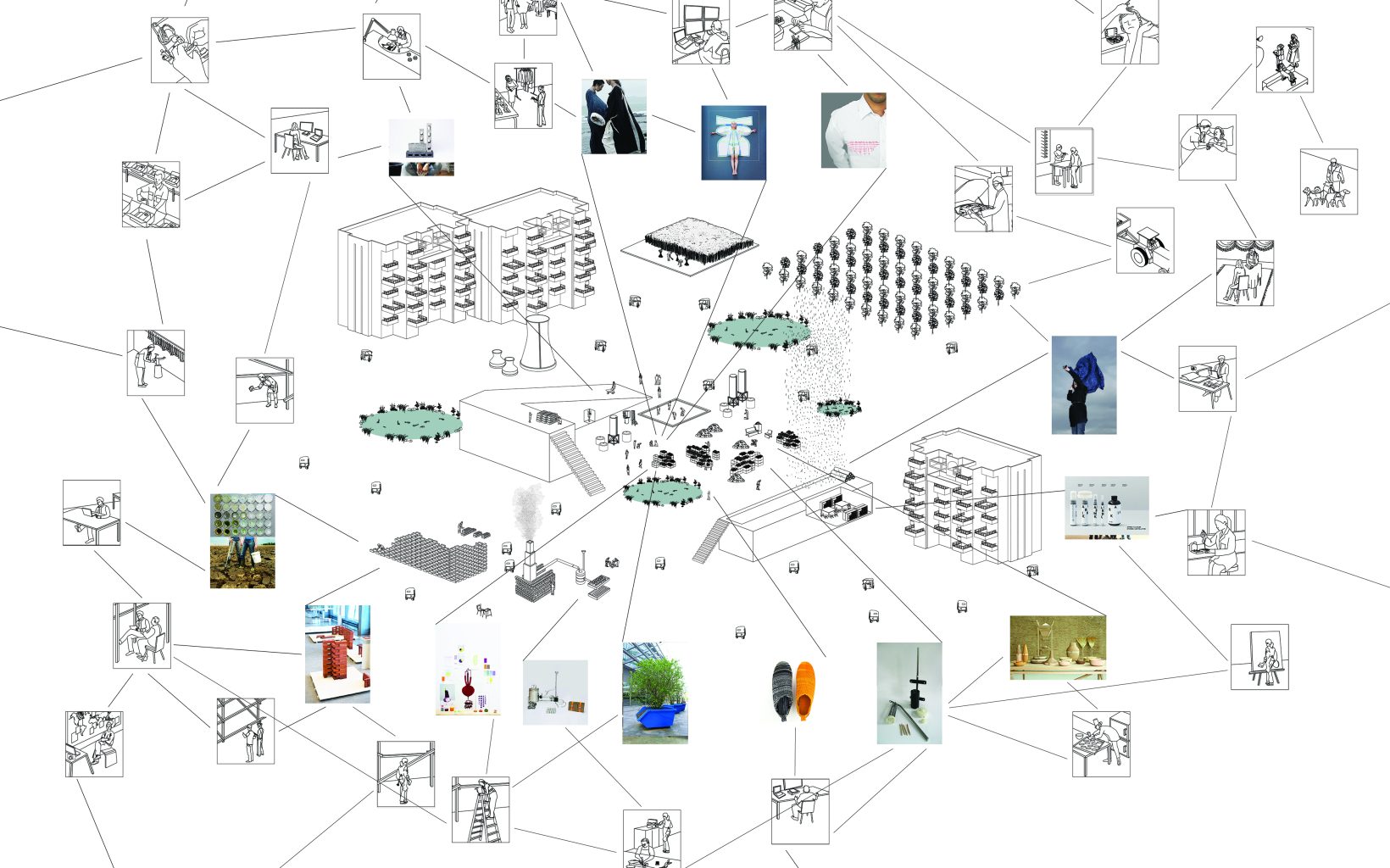
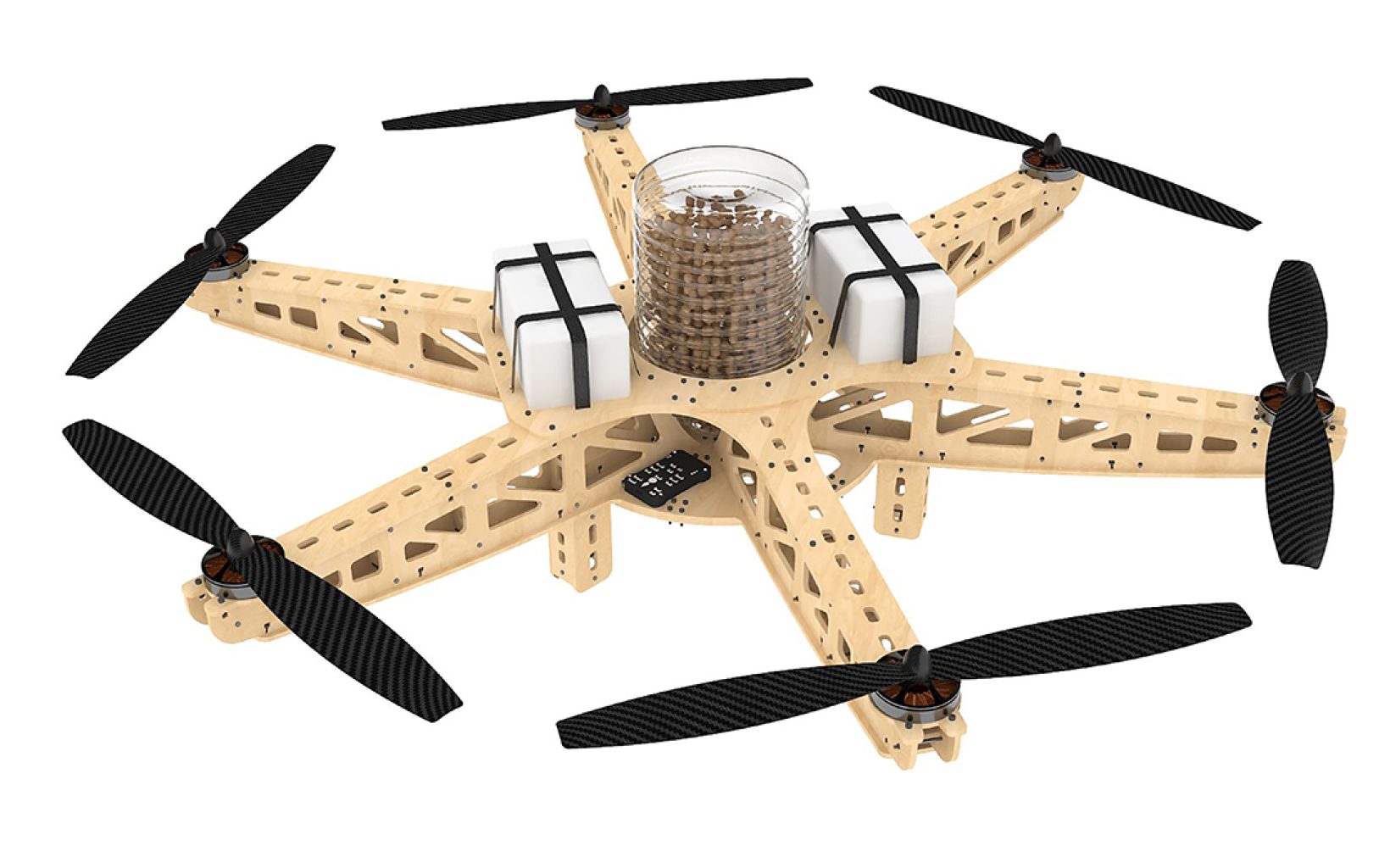
Share on social media.
Facebook
Twitter
LinkedIn
Mail